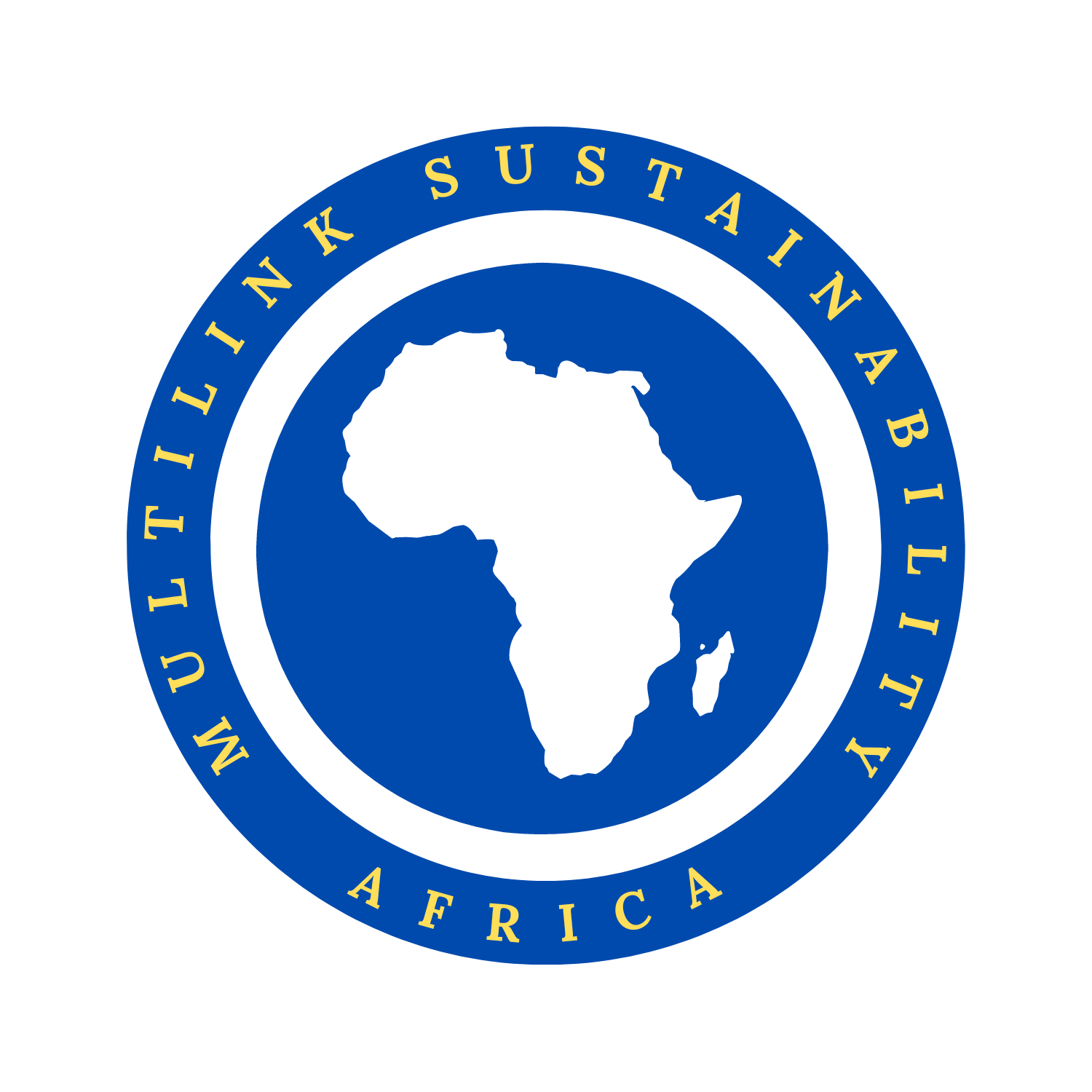 The mammoth negotiations in June 2012 at the United Nations Conference on Sustainable development resulted in a mixed outcome which in turn elicited a cauldron of responses and more so from the civil society and major groups. In its working paper put forward for discussion at the conference, the women’s’ major group dedicated a sub-section where it clearly elucidated its position regarding access and use of safe energy sources by women. In this subsection (3.1.6), the group recognizes that close to 2.4 billion people in developing countries still depend entirely on traditional biomass fuels which are detrimental for the environment and health and more dire still, over 2 million people, mostly women and children suffer from respiratory diseases caused by biomass burning as they spend most of their time indoors. Further, the paper recognizes that it is often women who are tasked with collecting and managing biomass fuel supplies such as firewood, dung and agricultural residues, and therefore leaving less time for productive activities.
The mammoth negotiations in June 2012 at the United Nations Conference on Sustainable development resulted in a mixed outcome which in turn elicited a cauldron of responses and more so from the civil society and major groups. In its working paper put forward for discussion at the conference, the women’s’ major group dedicated a sub-section where it clearly elucidated its position regarding access and use of safe energy sources by women. In this subsection (3.1.6), the group recognizes that close to 2.4 billion people in developing countries still depend entirely on traditional biomass fuels which are detrimental for the environment and health and more dire still, over 2 million people, mostly women and children suffer from respiratory diseases caused by biomass burning as they spend most of their time indoors. Further, the paper recognizes that it is often women who are tasked with collecting and managing biomass fuel supplies such as firewood, dung and agricultural residues, and therefore leaving less time for productive activities.
The paper further goes on to recommend, Policies and actions to enlist women as active agents in development based on cleaner and more efficient energy systems and technologies, Investments in women as energy managers and entrepreneurs to simultaneously address the multiple challenges of poverty eradication, gender equality, environmental conservation and finally, Removal of constraints limiting the ability of women to take advantage of business opportunities offered by new energy options, including legal barriers that limit their property rights, land tenure, and access to credit.
Measuring the success of these propositions against the final draft resolution of the Rio +20 negotiations agreed upon by member states, the actual gains were marginal. In their final statement on Rio +20, the women’s major group expressed disappointment. The document failed to capture the aspirations of the group.
The resolution (127) in general reaffirmed support for the implementation of national and subnational policies and strategies, based on individual national circumstances and development aspirations, using an appropriate energy mix to meet developmental needs, including through increased use of renewable energy sources and other low-emission technologies, the more efficient use of energy, greater reliance on advanced energy technologies, including cleaner fossil fuel technologies, and the sustainable use of traditional energy resources. Member states committed to promoting sustainable modern energy services for all through national and subnational efforts, inter alia, on electrification and dissemination of sustainable cooking and heating solutions, including through collaborative actions to share best practices and adopt policies, as appropriate. They also urged governments to create enabling environments that facilitate public and private sector investment in relevant and needed cleaner energy technologies.
However, it did not implicitly safeguard womens’ access to renewable energy sources and also failed to promote cleaner and healthier energy options targeting women and children.
Further resources:

